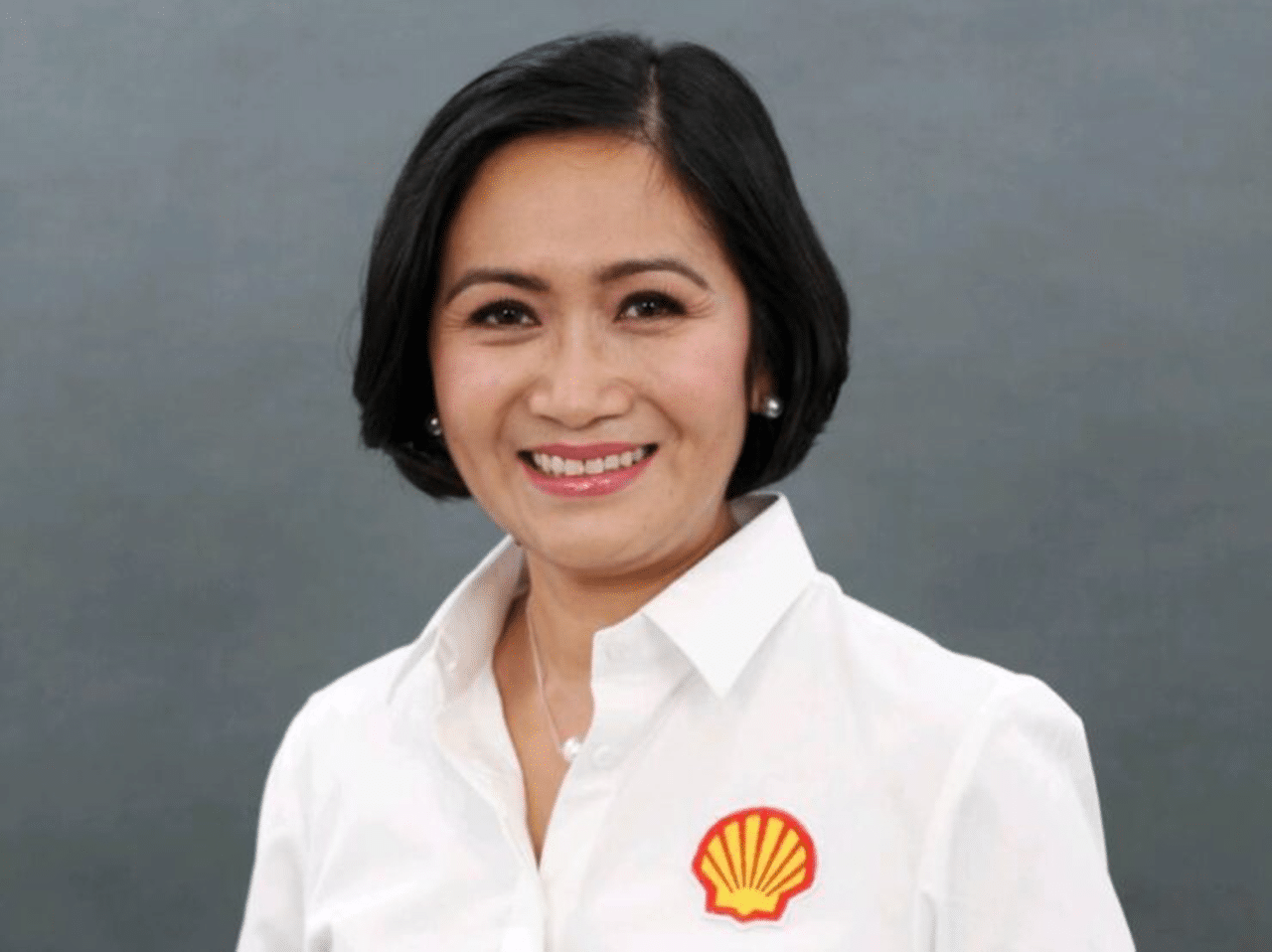“Leadership has no gender.”
It’s an empowering statement that aptly comes from an industry leader whose success has recently been recognized through her inclusion in Fortune’s prestigious Most Powerful Women (MPW) Asia list for 2024: Shell Pilipinas president and CEO Lorelie Quiambao Osial, who advocates for a more nuanced understanding of business leadership styles that transcends conventional masculine and feminine archetypes.
“People become leaders by internalizing a leadership identity and developing a sense of purpose. That said, archetypal roles tend to associate toughness, task orientation and assertiveness with men, and associated empathy, relationships and overall work culture orientation with women,” says Osial. “[But] over the last few years, there has been less focus on the archetypal definitions and more focus on gender-neutral leadership styles. People are unique and multi-dimensional. I see male leaders who demonstrate empathy. As a female leader, you can be empathetic, and task-oriented.”
READ: Gutierrez-Alfonso upholds meritocracy at Megaworld
The Fortune 100 MPW Asia is a testament to women’s significant impact in the industries they lead in. Osial, who secured the 67th spot, joins six other distinguished Filipino women who are reshaping the Philippines’ business landscape.
Osial made history as Shell Pilipinas’ first woman president and CEO when she took the helm in December 2021, bringing over two decades of experience in the traditionally male-dominated energy sector. She joined the company over 20 years ago, and shares that she has had her “own experiences of being a minority in various global teams–being the only woman, the only Asian; moreso, being the only one from the Philippines.”
Her path to leadership was forged through challenging assignments, including a notable stint as finance manager for projects at Basrah Gas Company in Iraq, where she managed a portfolio of approximately 80 projects with a $17-billion capital investment. Working in a post-conflict environment with bulletproof vests and armored vehicles as part of her daily reality, Osial helped pioneer operations in one of Shell’s most conflict-ridden territories.
“My experience in Iraq taught me how to value diversity, navigate through adversity and ambiguity, and cross barriers to create an inclusive working environment where one can value the differences in people and bring out the best in them,” she says.
DEI advocacy
Under her leadership, Shell Pilipinas has championed diversity, equity and inclusion (DEI) initiatives, including the innovative “Eh Kasi Babae” campaign, which challenges stereotypes about female drivers in the country. The campaign exemplifies Osial’s commitment to breaking down gender barriers not just in business, but in all sectors of society. She describes DEI as something akin to how one is involved in a party: diversity is about being invited to the gathering; equity is being asked to dance; and inclusion is being given the opportunity to choose what’s on the playlist.
“And if I may, I would add ‘belonging’–being free to dance however you want,” says Osial, who also sits as Shell Pilipinas vice president for Global Finance Operations. “We all want a sustainable future. The future can only be sustainable if it is equitable.”
READ: At Ayala Land, women have seats at the main table
Osial says that female role models are important for a future that’s filled with empowered women. She herself credits her success to the women she looks up to, including her grandmother, who demonstrated remarkable resilience during World War II, and her mother, who balanced a full-time career with raising four children. Such influences shaped her approach to leadership and her commitment to creating opportunities for others, she says.
Her advice to aspiring women leaders reflects her own journey: “Take courage to take the first step, stretch yourself until you become more comfortable with discomfort and keep going. The person we can control the most is ourselves, and the first obstacles we will identify are the ones we have in our head.”
Still, Osial acknowledges there’s more work to be done, even as the Philippines keeps moving forward on the gender equality agenda: “We need to be mindful and deliberate on opportunities for women to stretch and develop. This also includes providing specific and actionable feedback, mentoring and support and allyship and advocacy for gender equality.”


